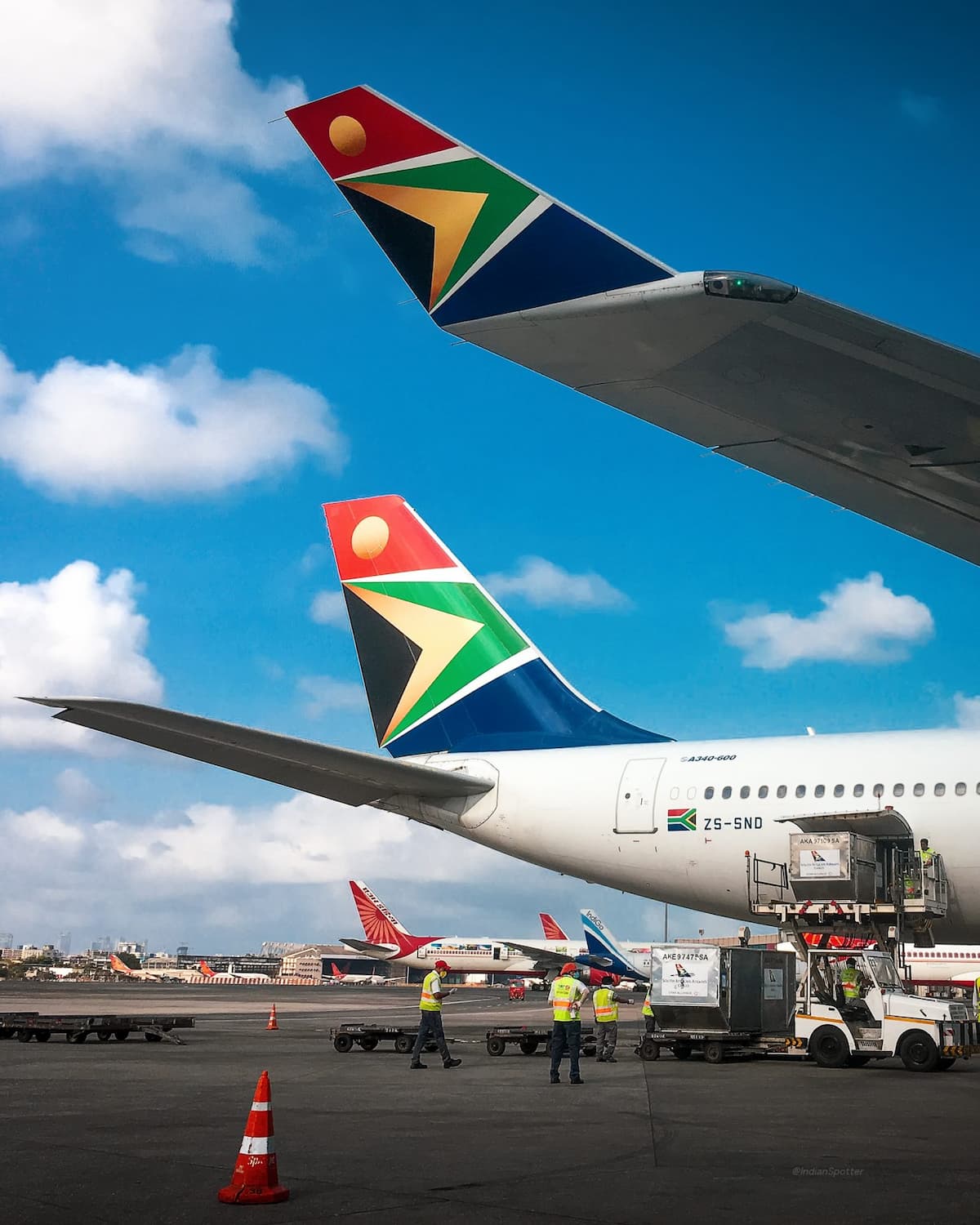One of the most significant revelations from the interview is the remarkable recovery of the African aviation industry. Berthe notes that the industry has been on an upward trajectory since late 2022. By September, African aviation had not only recovered but exceeded pre-COVID-19 traffic levels, providing a beacon of hope for the sector. He predicts that early next year, the industry will surpass pre-pandemic levels, showcasing its resilience and vitality.
While the level of connectivity on the continent remains very low, Berthe envisions a dynamic future, stating, “The traffic is expected to double by 2040.” AFRAA represents 50 member airlines on the continent, that accounts for over 85% of the total international traffic carried by African carriers.
Challenges Persist: Unblocking Funds Critical for Sustainable Recovery
Despite the positive trends in traffic recovery, Berthe underscores the substantial challenges faced by African airlines, with a particular focus on blocked funds. These blocked funds represent payments owed to African airlines by foreign governments. The amount of blocked funds in different African states continues to grow, impeding airlines’ liquidity and operational capabilities.
Berthe details AFRAA’s proactive approach in addressing this issue through advocacy initiatives and seeking solutions to unblock these funds. He also highlights the vital role of governments and central banks in prioritizing the aviation sector to ensure the efficient flow of funds and avoid detrimental consequences for the airlines.
AFRAA’s Strategic Priorities: Sustainability, Safety, and Connectivity
The interview delves into AFRAA’s current strategic priorities, encompassing sustainability, safety, and connectivity:
1. Sustainability: Berthe emphasizes the multidimensional nature of sustainability, encompassing environmental, economic, and social sustainability. AFRAA’s sustainability roadmap, developed during the Transport Sustainability Laboratory in Nairobi, serves as a guiding framework to ensure the long-term viability of African airlines.
2. Safety: Maintaining the highest safety standards remains a top priority for AFRAA. The launch of the first Safety and Operations Summit, hosted by Ethiopian Airlines, is scheduled for May next year. Ensuring safety remains paramount as African air transport continues to expand.
3. Connectivity: While recovery is in progress, Berthe highlights the need to improve connectivity within Africa. AFRAA’s projects aim to enhance connectivity and expand flight routes on the continent, with a particular focus on promoting interline and codeshare agreements among member airlines.
The AFRAA SG emphasizes that collaboration is the linchpin of progress in the African aviation industry. Collaboration is required between African airlines, regulators, and other sectors such as tourism and trade to drive transformation. He stresses that while expanding route networks is crucial, signing agreements that enhance connectivity is equally vital. Collaboration remains the key to unlocking the industry’s full potential and ensuring its long-term success.
Source: Airspace Africa.






